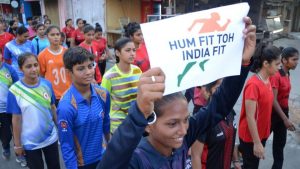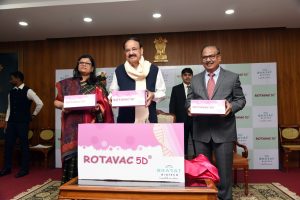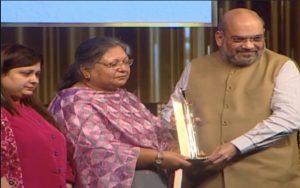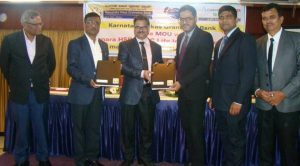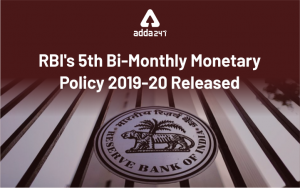VisionIAS
18:36

1) Nation pays homage to Dr BR Ambedkar on his 64th Mahaparinirvan Diwas
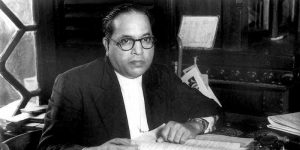
•The nation is paying homage to Bharat Ratna Dr BR Ambedkar on his 64th Mahaparinirvan Diwas (death anniversary) on 6 December. He was popularly known as Babasaheb Ambedkar and everyone knows that he was one of the architects of the Indian Constitution. He was a very well-known political leader, eminent jurist, Buddhist activist, philosopher, anthropologist, historian, orator, writer, economist, scholar and editor, too. He is a leader who dedicated his life to eradicating social inequality in India.
2) India’s 1st HAM project in “Sewerage Sector” inaugurated in Haridwar
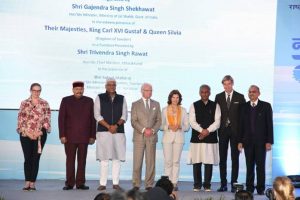
•The Sarai STP is “the first-ever project in the country on a hybrid annuity PPP model (HAM)”. 34 STPs are being built in Uttarakhand at a cost of Rs 1,144 crore, besides crematoria and ghats on the Ganga. Of these, 23 have been completed. Once all the STPs become operational, there will be “considerable improvement in the water quality of Ganga,”.
3) Avantee mega Food Park inaugurated in MP’s Dewas
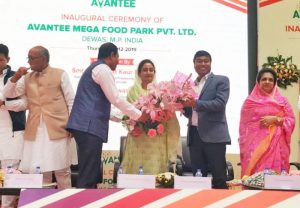
4) Piyush Goyal inaugurates 3rd edition of National Public Procurement Conclave
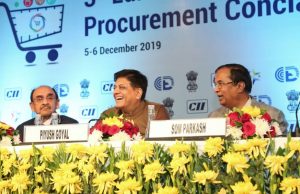
•Commerce and Industry Minister inaugurated the 3rd edition of National Public Procurement Conclave in New Delhi. The conclave has been organized by Government e-Marketplace, GeM in association with Confederation of Indian Industry. GeM epitomizes the speed, skill and scale which is essential in an e-marketplace platform. GeM rests on the three pillars of openness, fairness and inclusiveness and is a symbol of a truly transparent e-marketplace.
5) Exercise INDRA 2019

•The INDRA series of exercise began in 2003 and the First joint Tri-Services Exercise was conducted in 2017, It will be a historic occasion for two of the world’s greatest Armed Forces to join hands and successfully conduct an exercise of this magnitude with professionalism, to imbibe the best practices from each other, jointly evolve and drills to defeat the scourge of terror under the United Nation mandate.
6) “Shilpa Shetty App” wins in 2019 Google Play Awards

7) NATO Summit 2019 in Watford, United Kingdom

•The United Kingdom(UK) hosted two days organised 2019 NATO (North Atlantic Treaty Organization) Summit in London. The year 2019 marks the 70th anniversary of the summit. It was attended by NATO leaders and chaired by NATO Secretary-General Jens Stoltenberg. The purpose of the summit was to make the heads of state and heads of government of NATO member countries to evaluate and provide strategic direction for Alliance activities.
8) RBI releases “Guidelines for ‘on tap’ Licensing of SFB in the Private Sector”
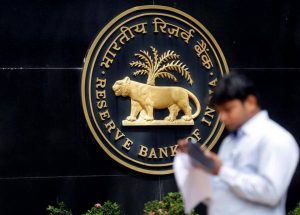
•Existing payments banks (PBs), which are controlled by residents and have completed five years of operations, are also eligible for conversion into small finance banks after complying with all legal and regulatory requirements of various authorities and if they conform to these guidelines.
•The licensing window will be open on-tap. The minimum capital for setting up an SFB has been mandated at ₹200 crores, adding for primary (urban) co-operative banks (UCBs), which wish to become SFBs, the initial requirement of net worth will be ₹100 crores, which will have to be increased to ₹200 crores within five years from the date of commencement of business. SFBs will be given scheduled bank status immediately upon commencement of operations.
9) 1st time India’s forex reserves cross $450 billion

•The Reserve Bank has always maintained that it intervenes in the foreign exchange market to curb volatility and does not target a particular level of the exchange rate.
10) IIT researchers to create ‘Gandhipedia’

•The entire project will be done with the help of Artificial Intelligence (AI). In the first phase, over 40 books written by Mahatma Gandhi will be digitised and indexed and their portions which are to be completed by March 2020, and the remaining four phases will be worked on till March 2024. The books will be used to reconstruct the social network of the Mahatma, including those who had influenced him and people whom he had inspired. The aim of Gandhipedia is to reconstruct and remember the inspiring works of Mahatma Gandhi.
11) ‘Borderman’ yearly magazine released by Nityanand Rai
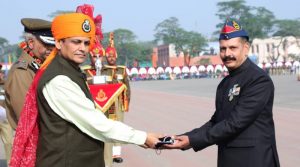
12) Roger Federer’s face to go on Swiss coin





